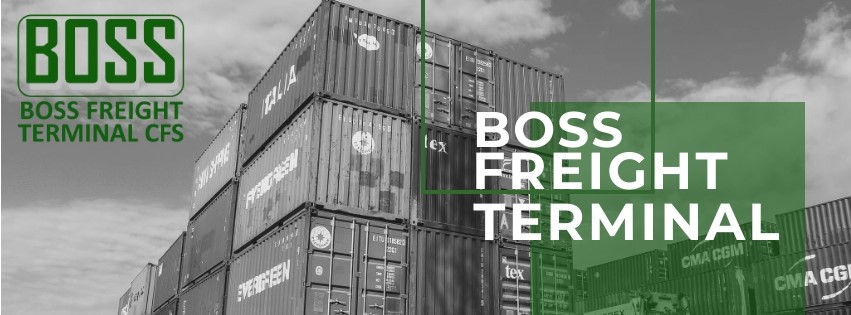By TWV Investigative Reporter
Mombasa-based Boss Container Freight Station (CFS) has been shut down after the Kenya Revenue Authority (KRA) uncovered a KSh123 million tax evasion scheme allegedly involving the irregular clearance of 161 imported rice containers.
According to reliable sources, the scam involved a network of unscrupulous clearing agents, Boss CFS staff, and Kenya Commercial Bank (KCB) employees in Mombasa. They are alleged to have colluded to facilitate the irregular clearance of the containers.
The fraud was uncovered after KRA detectives flagged anomalies in the Integrated Customs Management System (ICMS), the platform linking KRA’s Customs Department with commercial banks. Sources told The Weekly Vision that Boss CFS staff orchestrated the scheme, working in concert with business associates from Eastleigh, rogue clearing agents, and compromised bank employees.
The cartel is believed to have exploited loopholes in the payment system, with KCB’s link to KRA systems at the heart of the fraud. A clearing agent reportedly presented an electronic receipt purportedly issued by KCB, showing that payments had been made for the release of containers. At the time, KRA’s system, cross-linked with the bank, appeared to validate the transaction, enabling the release of the cargo.
It was only during a routine audit that investigators discovered the receipt was fake and the payment trail was manipulated. By then, the containers had already been cleared from the port. KRA responded by shutting down Boss CFS and instructing KPA not to allocate any further containers to the facility. Several customs officers based at Boss CFS have since been suspended and are being interrogated by the Directorate of Criminal Investigations (DCI).
The closure of Boss CFS has paralysed its operations, forcing importers to divert cargo to other facilities. Meanwhile, insiders at KCB fear the incident could damage the bank’s reputation, given its direct connection to the fraudulent transactions.
Investigators are now examining how the cartel gained access to sensitive systems and whether insiders at both KCB and KRA were directly complicit. The case underscores the persistent risk of collusion between private sector actors and public officials in Kenya’s maritime trade, a practice that continues to drain billions from the national exchequer each year.
[/full]





